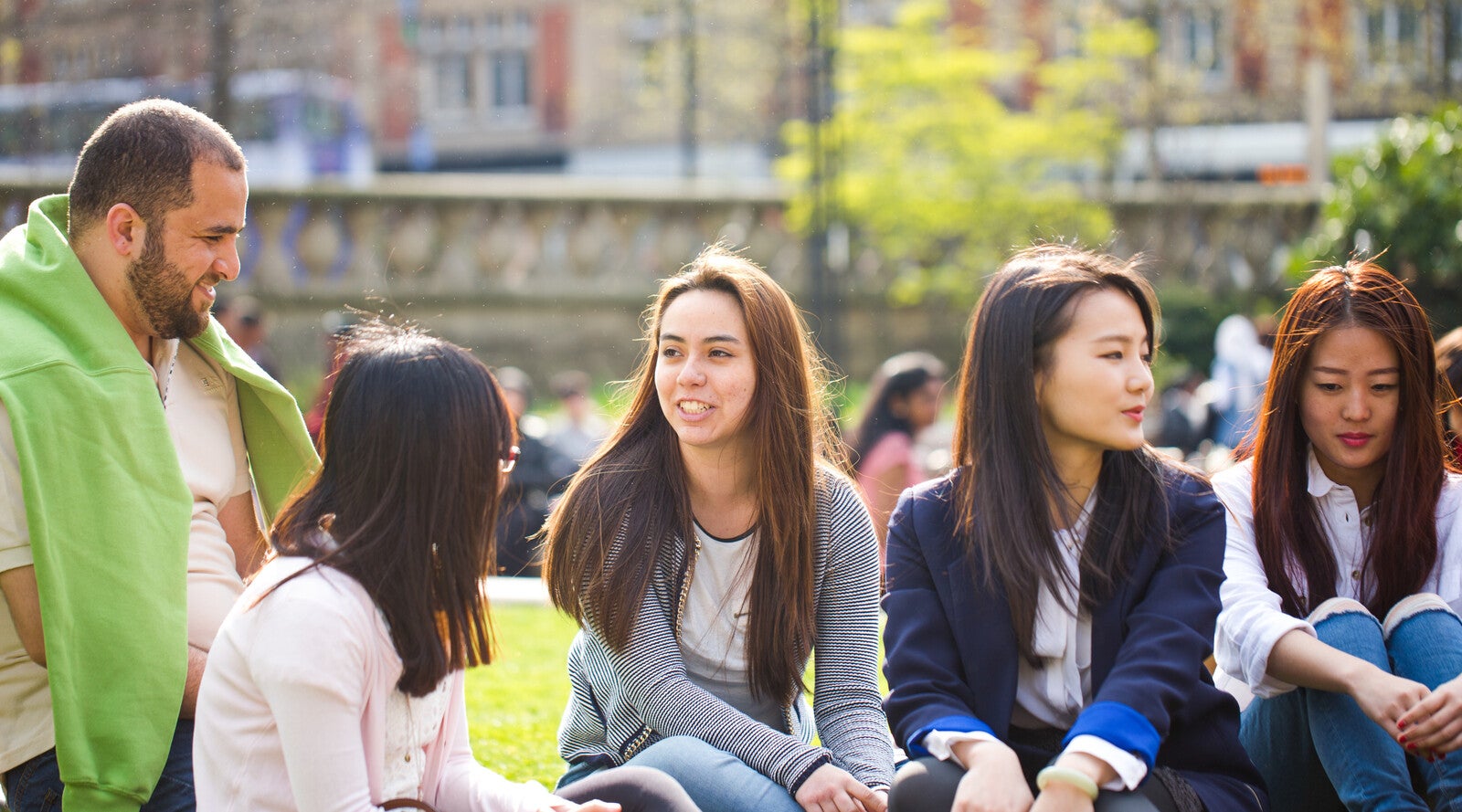Medical school is not only about acquiring medical knowledge and skills; it also provides a unique opportunity to enhance global citizenship and develop essential international relations skills. Malaysians pursuing a medical education can benefit greatly from this holistic approach, gaining valuable insights into cultural diversity, global healthcare challenges, and the importance of collaboration across borders. In this article, we will explore how Widad education medical schools can nurture global citizenship and international relations skills, providing Malaysians with a broader perspective and a foundation for making a positive impact on a global scale.

What is Global Citizenship and International Relations?
Global Citizenship refers to the sense of responsibility individuals have towards the global community. It involves understanding and respecting cultural differences, promoting social justice, and actively contributing to solving global issues. International Relations, on the other hand, focuses on the study of interactions between nations, emphasizing diplomacy, cooperation, and negotiation in a global context.
1. Exposure to Cultural Diversity:
Medical school provides Malaysians with a unique opportunity to interact with a diverse group of students from various backgrounds, ethnicities, and nationalities. This exposure fosters cultural understanding, empathy, and respect. By working alongside peers with different perspectives, future medical professionals learn to appreciate and celebrate diversity, ultimately becoming culturally sensitive healthcare providers.
2. Collaborative Learning and Networking:
In a medical school setting, students often collaborate on projects, engage in group discussions, and participate in interdisciplinary activities. This teamwork mirrors the collaborative nature of global healthcare, where professionals from different countries work together to tackle global health challenges. Through these experiences, Malaysian students develop valuable teamwork, communication, and leadership skills, essential for effective international collaborations.
3. Study Abroad Programs:
Many medical schools offer study abroad programs, allowing students to gain firsthand experience in diverse healthcare settings. By immersing themselves in a different healthcare system, Malaysians can observe and learn about unique practices, challenges, and solutions. This exposure enhances their understanding of global healthcare disparities and the importance of addressing them collectively.
4. Research and Publications:
Engaging in research and publishing scientific papers can significantly contribute to the advancement of medical knowledge. When Malaysians participate in international research collaborations, they not only expand their academic portfolio but also establish connections with experts from around the world. These collaborations provide opportunities for knowledge exchange, fostering international relations and opening doors for future collaborations.
The Advantages of Global Citizenship and International Relations Skills in Medicine
a. Enhanced Cultural Competence: By embracing cultural diversity, Malaysian medical professionals can provide more patient-centered care, understanding the cultural factors that influence health beliefs and practices.
b. Improved Communication: Effective communication is crucial in healthcare settings, particularly when dealing with patients from different cultures. Malaysians with international exposure can communicate effectively with patients from diverse backgrounds, ensuring accurate information exchange and promoting trust.
c. Global Health Advocacy: Equipped with a global perspective, Malaysians can actively contribute to addressing global health challenges. They can advocate for policy changes, engage in international health organizations, and collaborate on research projects focused on improving global health outcomes.

Conclusion
Medical school offers Malaysians a unique opportunity to develop global citizenship and international relations skills, essential for thriving in a diverse and interconnected world. By embracing cultural diversity, collaborating with peers, participating in study abroad programs, and engaging in research, Malaysian medical students can become compassionate, culturally competent healthcare professionals capable of making a positive impact on a global scale. Embracing these skills will not only benefit individual careers but also contribute to the betterment of global healthcare and international relations as a whole.



